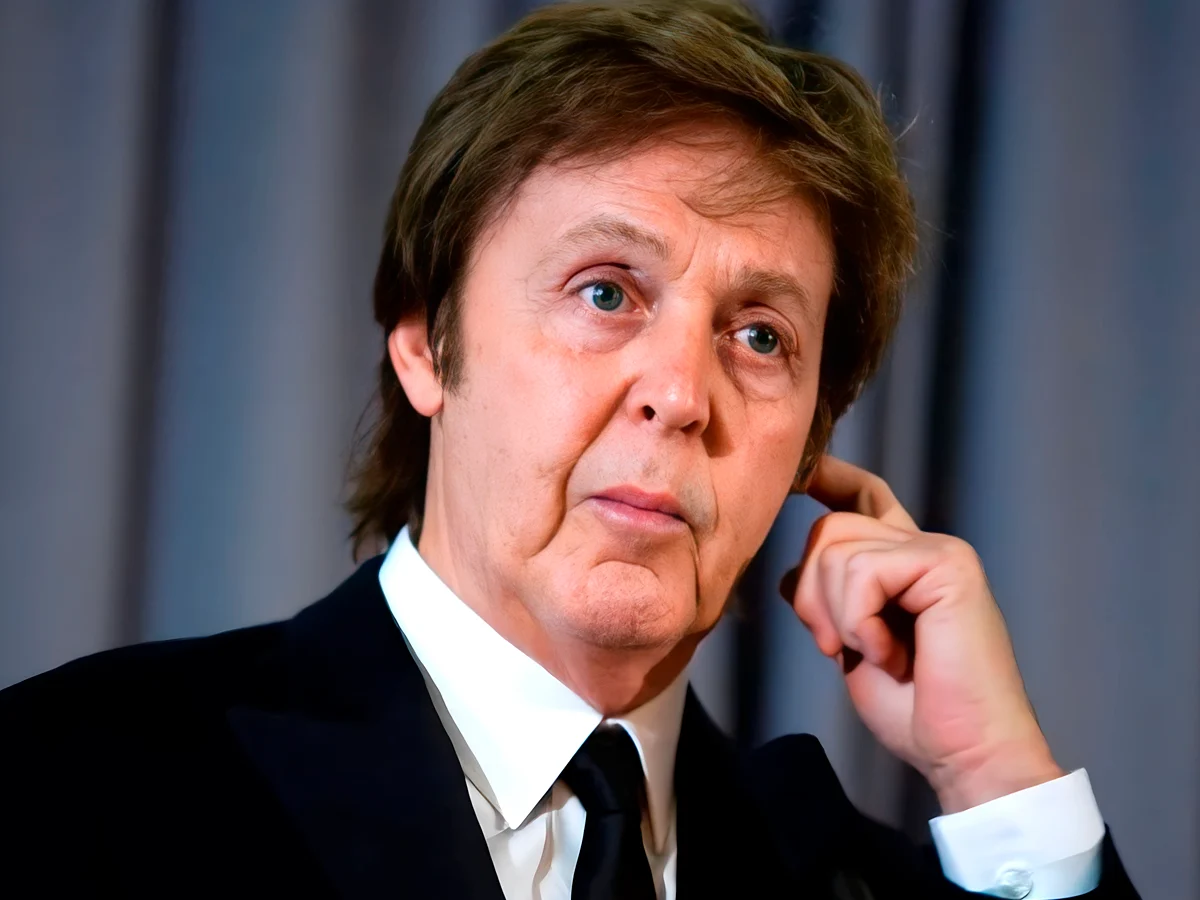Paul McCartney Regrets: Reflecting on The Beatles’ Iconic Work
Even legends like Paul McCartney have moments of reflection about their artistic choices. As one of the most celebrated members of The Beatles, McCartney’s prolific career has spanned decades. Despite the band’s global success, he has expressed regrets about certain songs, most notably “When I’m Sixty-Four,” a whimsical track from the Sgt. Pepper’s Lonely Hearts Club Band album.
A Retrospective on “When I’m Sixty-Four”
Paul McCartney was just 24 when he penned the nostalgic anthem, which playfully imagined life in later years. In hindsight, McCartney admits he might have made different creative choices. In a Los Angeles Times interview, he revealed:
“It was really an arbitrary number when I wrote [‘When I’m Sixty-Four’]. I probably should have called it ‘When I’m 65,’ which is the retirement age in England. But it felt too predictable. It sounded better to say 64.”
Decades later, McCartney humorously noted that 64 seemed too youthful to truly capture the essence of ageing. Reflecting on feedback he received, McCartney shared:
“I met someone who plays piano in an old persons’ home, and he said, ‘I have to change the title to ‘When I’m 84’ because 64 seems young to those people.’”
This light-hearted yet introspective regret showcases McCartney’s evolving perspective on life and creativity.
John Lennon’s Take on “When I’m Sixty-Four”
Not all members of The Beatles shared McCartney’s fondness for the track. John Lennon, known for his candid opinions, dismissed songs like “When I’m Sixty-Four” as what he famously termed “granny music.” Lennon’s preference for edgier, more modern sounds clashed with McCartney’s nostalgic style, a dynamic that often sparked creative tension within the band.
Lennon’s foresight about the band’s future also added a layer of irony to the song. He once remarked, “We didn’t want to be dragged on stage playing ‘She Loves You’ when we’ve got asthma and Tuberculosis when we’re 50.” This comment foreshadowed the eventual end of The Beatles, as they sought to avoid becoming caricatures of their younger selves.
The Timeless Legacy of The Beatles
Despite McCartney’s mixed feelings about “When I’m Sixty-Four,” the track remains an integral part of The Beatles’ legacy. It captures a moment of youthful imagination and optimism while subtly grappling with the inevitability of ageing.
For McCartney, regrets like these don’t linger long. As he’s often said, his focus remains on looking forward rather than dwelling on the past. His continued evolution as an artist is a testament to his ability to grow and adapt while maintaining his creative spark.
